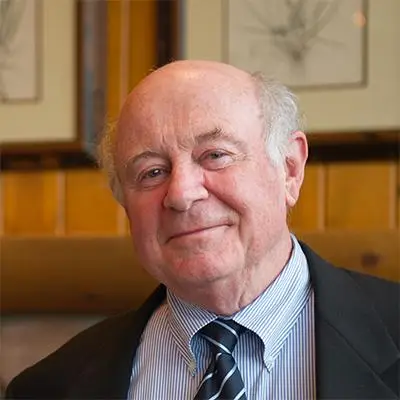Joel Klein, a great New York City schools chancellor, looks better all the time, as his successors flip-flop and temporize. He’s back, at least in the form of a good new book.
Anyone interested in improving public school systems and learning about the Orwellian nature of contemporary political discourse should read Klein’s Lessons of Hope: How to Fix our Schools. It’s a memoir but a lot more: an invaluable guidebook on civic leadership and education reform strategy. The book is personal, full of anecdote and reflection. But Klein writes about friends and critics alike as people—nearly all of whom care about children’s futures—not as heroes or villains.
The New York City story is familiar but Klein tells it compellingly, in ways that teach lessons. Klein:
- Worked hard to make New York City schools a place that capable people would want to work, and he apparently succeeded (see Margaret Goertz et al.). This flies in the face of the charge that he was anti-teacher.
- Knew there was already a lot of talent in the public schools and tried to make full use if it—for example, by creating an internal program to identify and train promising young teachers to become principals.
- Derived his power to act from Mayor Bloomberg, but never thought he had a constituency of one; Klein had to sell his ideas to city opinion makers, including leaders of minority communities (including Al Sharpton), and show results for children.
- Didn’t act alone: he depended on a world-class team of advisors from foundations (Michele Cahill), the law (James Liebman, Chris Cerf), venture philanthropy (Kristen Kane), and collaborators from education nonprofits (Bob Hughes of New Visions), and even, on some occasions, unions (Randi Weingarten).
- Moved quickly but not abruptly: teachers and school leaders got advance notice of changes in school autonomy, accountability, staffing, and funding. In most cases they could see changes operating on a pilot basis before they were implemented citywide.
- Put a lot more effort into public engagement than he gets credit for. He probably spent more time in neighborhoods and churches than any previous chancellor, and worked hard to help poor and minority parents understand what was being done and why. Of course, Klein acknowledges mistakes in public outreach. But he also fell victim to the inevitable protest that if an official takes an action that an interest group doesn’t like, that’s proof that he hadn’t consulted with them sufficiently.
- Worked with the teachers union whenever possible (e.g., on teacher pay raises and school control over new hires) but didn’t let the desire for labor peace deter him from taking actions that unions would oppose (e.g., closing consistently ineffective schools using chartering as one of the normal ways of creating new options for students). Though he doesn’t use the words, Klein clearly regarded the union as a Secretary of State might another country—a sometime ally, but neither a consistent friend nor an implacable enemy.
The book makes it clear that Klein is a liberal who, based on his own life experience, believed in education as the way out of poverty. His focus was always on the students who benefited least from the status quo in New York schools.
A trust-buster, scourge of Microsoft, and darling of the anti-corporate left in President Clinton’s Justice Department, Klein took a similar approach as chancellor. But in New York, the monopoly was owned by the left, which cast him as a pro-corporate neoliberal. In both cases he was convinced that monopolies harm people with little market power, and believed that competition and transparency would help “the little guy.”
Much the same has happened to other liberal education reformers like Michael Bennet and Arne Duncan who, because they won support from big philanthropies, have been cast as stooges of the “billionaire boys club.”
Similarly, Klein’s effort to give schools control over budgets and hiring, and to build accountability around results not rule compliance, was characterized as the action of a dictator. A lawyer, used to attack and defense, Klein takes these distortions calmly. Others in similar positions must be prepared for the same.
Finally, the book contains two riveting sections: one explaining how the personal became the political in Diane Ravitch’s total change of sides around school reform (pp. 64-76); and the other about why middle class parents and journalists who have children in the “good” schools are natural allies for unions in opposing equalization of funding and opportunity in a city school system (pp. 142-147).
It’s a great read. The next best thing to having Klein back in charge of the nation’s largest school system.



